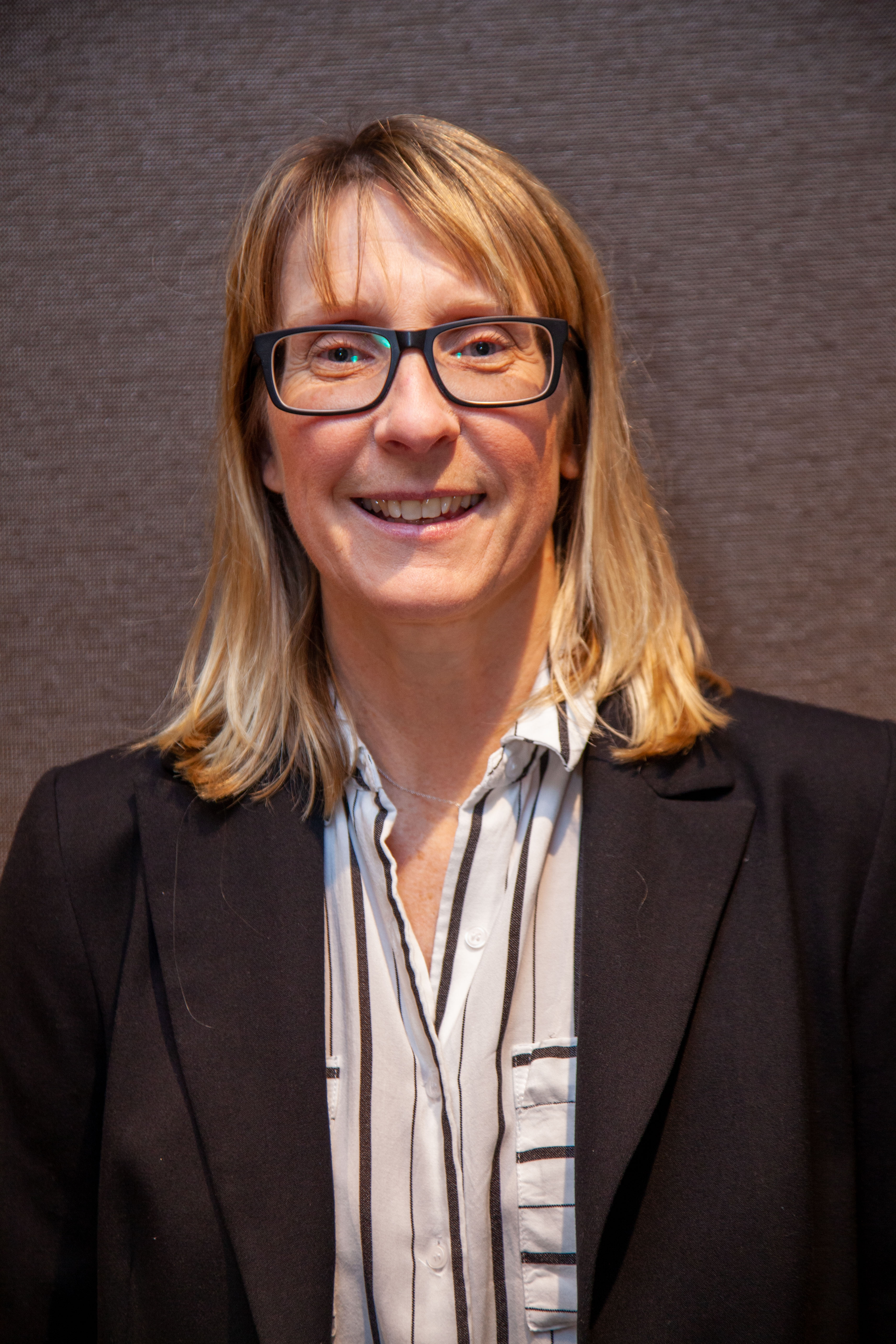
Watch Dr Lucinda McRobb accept her research grant and hear a bit about the project.
Watch Dr Lucinda McRobb explain more about the research she is doing as a result of the funding provided by the Brain Foundation.
Project Summary:
Our goal is to develop new ways to treat a blood vessel disorder that occurs in the brain called arteriovenous malformations, or AVMs. These tangled collections of abnormal blood vessels can form in the brain during early development. They are highly prone to rupturing, leading to release of blood into the brain, causing a type of stroke. This form of stroke occurs primarily in children and young adults, rather than as a result of aging, so has a significant impact on affected individuals and their families. Despite current approaches, one-third of these vulnerable young patients lack safe treatment options and remain susceptible to stroke. To fill this gap, we aim to develop a vascular targeting approach to AVM treatment. This involves delivering a drug through the bloodstream to induce localised clotting and closure of the diseased AVM vessels. Key to this approach is 1) identifying molecular targets unique to the surface of the diseased blood vessels but absent from normal, healthy blood vessels; and 2) developing complementary targeting molecules that recognise and bind these targets to deliver vessel-occluding drugs specifically to the AVMs. The recent discovery that more than half of all AVMs are caused by mutations in a family of genes called RAS, for the first time provides a defined molecular cell type for AVMs that can be easily modelled for study in the laboratory. Our study aims to develop an AVM cell culture model in the laboratory that expresses the RAS mutation and then use it to generate novel targeting molecules (called DNA aptamers) that can specifically recognise and bind RAS-induced molecular targets on the surface of these mutant cells. These novel targeting molecules could then be used to deliver vessel-blocking drugs with high specificity to AVM vessels providing a safe and effective new treatment approach for AVM patients.


 The Brain Foundation is the largest, independent funder of brain and spinal injury research in Australia. We believe research is the pathway to recovery.
The Brain Foundation is the largest, independent funder of brain and spinal injury research in Australia. We believe research is the pathway to recovery.